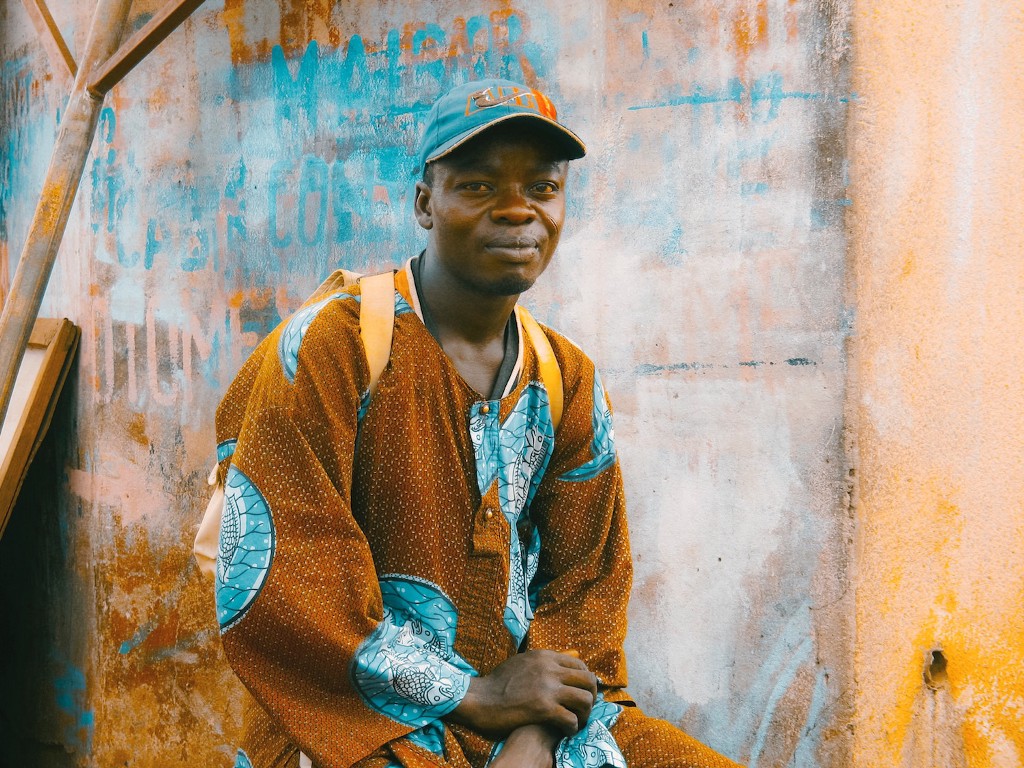Hello ImpactAlpha readers!
#Dealflow: Follow the Money
Jack Ma backs young African entrepreneurs with $10 million fund. The founder of Chinese ecommerce giant Alibaba announced his African Young Entrepreneurs Fund at the Youth Connekt Africa Summit in Rwanda. It was the first visit to the continent for Ma, who is worth more than $35 billion. “African entrepreneurs should not be asking successful businesses, ‘How can I distribute your products?’ said Mukhisa Kituyi, secretary-general of the United Nations Conference on Trade and Development, which is working with Ma. “Africans should be saying, ‘I have an idea I want to grow — how can you help me to grow it? How can you help me market it?’” Ma also wants to partner with African universities to teach internet technology, artificial intelligence and e-commerce and bring 200 African entrepreneurs to China, to learn hands on from Alibaba.
Morningstar boosts ESG research with minority stake in Sustainalytics. Amsterdam-based Sustainalytics combs environmental, social and governance, or ESG, indicators for signals about companies’ long term performance. For Morningstar, the deal extends a two-year partnership that included the launch of Morningstar’s Sustainability Rating service for mutual funds and exchange-traded funds.“Responsible investing” accounts for more than a quarter of total investing, or $22.9 trillion, and asset managers and owners representing $62 trillion in assets are signatories to the U.N.-backed Principles for Responsible Investment, or PRI. Morningstar is taking a 40% stake in Sustainalytics for an undisclosed sum.
U.K. boosts funding for battery research and development. The U.K. government is allocating £246 million ($321 million) for battery technologies. The U.K.’s energy regulator Ofgem is laying plans for a national smart electricity grid. Increased battery storage will be key to ensuring that vulnerable and low-income customers benefit, according to business secretary Greg Clark. “If only we can capture [solar and wind power] then we can go from energy being a worrying cost to people, to being, if not free, then very cheap.” The battery research funding is part of the new £1 billion Industrial Strategy Challenge Fund to position the U.K.’s post-Brexit economy in healthcare and medicine; robotics and artificial intelligence; batteries for clean energy storage; self-driving vehicles; manufacturing; and satellites and space technology. In addition to household battery tech, a portion of the battery funding will go to an institute to ensure “the U.K. leads the world in the design, development and manufacture of batteries for the electrification of vehicles.”
See all of ImpactAlpha’s recent #dealflow.
#Signals: Ahead of the Curve
Abraaj fuels growth markets with credit. Foreign banks that have retrenched since the financial crisis are still averse to risk in the growth markets of Latin America, sub-Saharan Africa and South Asia. Local banks focus on short-term working capital. That has created a “large dislocation and a funding gap,” for growth-stage companies in such markets, according to Christopher Wilder, a managing director at Abraaj, the $10 billion private equity firm based in Dubai. As a result, Abraaj will use debt-financing to fuel growth in companies in logistics, healthcare and education, to help prepare them for investments from Abraaj’s private equity team. Abraaj’s “growth credit” aims to “provide solutions across the capital structure,” he says. Abraaj’s focus on larger companies means financing gaps will remain for smaller businesses in emerging markets, as detailed in ImpactAlpha’s Fellow Travelers series last month. But it starts to fill an important gap for larger companies aligned with the U.N. Sustainable Development Goals, which Arif Naqvi, Abraaj’s founder, says are a “phenomenal investment opportunity.”
The Unreasonable Institute’s path into Uncharted territory. Entrepreneur-first, or problem-first? The nonprofit Unreasonable Institute, which has long supported “unreasonable” entrepreneurs, will now go directly after social challenges such as food deserts and the future of cities. Rebranded as Uncharted, the organization will bring in “armies of people who are uniquely positioned to put a dent” in such problems. Co-founder Teju Ravilochan will remain CEO. Since 2012, Unreasonable Institute has worked with nearly 600 firms in 95 countries, more than half with women founders or co-founders. The Unreasonable Institute, er, Uncharted, says those firms have reached more than 25 million people and generated more than $200 million in revenue. The new branding will distinguish Uncharted from the Unreasonable Group, a for-profit Colorado B-Corp led by Daniel Epstein, which split off from the Institute in 2012 and will remain “Unreasonable for life,” according to Epstein. Unreasonable Group works with later-stage entrepreneurs and recently selected a cohort for Unreasonable Goals in support of the Sustainable Development Goals. The two groups landed “on unique strategies for the future,” Epstein wrote in a post on Unreasonable.is.
#2030: Long-Termism
Can Africa become a manufacturing powerhouse? China and India increasingly are outsourcing their manufacturing…to Africa. Between 2005 and 2014, manufacturing production on the continent more than doubled from $73 billion to $157 billion. Countries like Uganda, Tanzania, and Zambia have been growing at more than 5% a year. Manufacturing exports from sub-Saharan Africa nearly tripled, to more than $140 billion. Many of these exports are flowing to China and India.
Adding to Africa’s comparative advantages is a workforce that is growing faster than its population as fertility rates drop — a powerful, if temporary, “demographic dividend.” That means the share of the working-age population is increasing relative to economically dependent children and the elderly, which (all other things being equal) drives economic growth. Many African countries have preferential market access through initiatives such as the African Growth and Opportunity Act, now extended to 2025.
Africa is seeking to pivot from mining and agriculture to manufacturing. But Africa’s manufacturing sector needs significant reform to withstand future economic shocks, says a recent IMF report. Manufacturing still only accounts for about 10% of GDP. Better infrastructure, regulatory structures that will open foreign markets and higher “value-add” could create more and better jobs. Access to quality education and training and investments in new tech and R&D will help Africa deliver on the African Union’s goals under Agenda 2063. Investment to create Africa’s transcontinental highways and improved port and railway connections is a $90 billion a year investment opportunity, for at least the next decade.
Onward! Please send any news and comments to [email protected].











